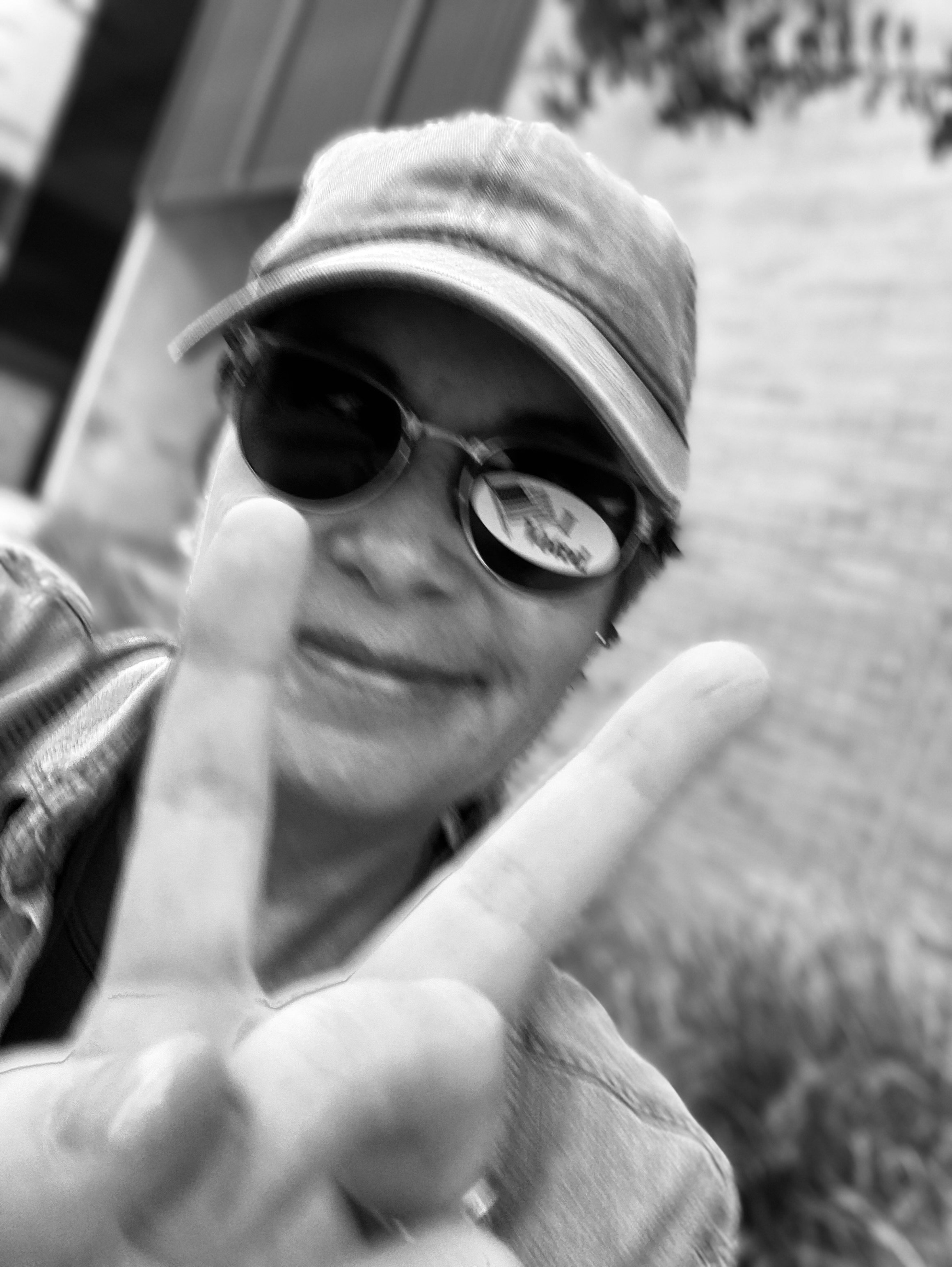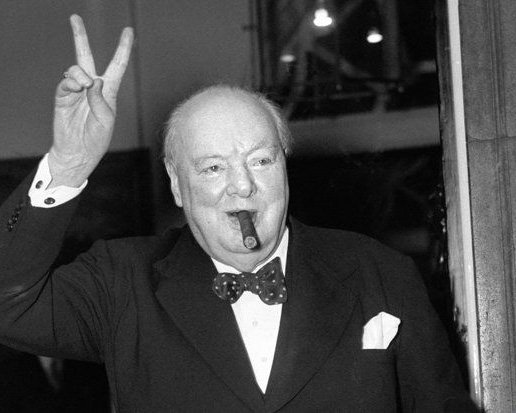I have voted exactly three times in my life. The first was in 1984 when I was a college sophomore. I knew I didn’t like Ronald Reagan and the trickle-down theories he claimed would save America. But his challenger, Michael Dukakis, was about as appealing as cold canned soup. Still, I voted for Dukakis as a registered democrat despite an openly verbalized threat to register as communist. A ROTC student who overhead me didn’t think my attempt at Cold War humor was especially funny. That shit could come back and haunt you.
I did not vote again for a long time after that. But I did change my registration to independent. I liked the indeterminacy, the way it telegraphed my I’m-no-joiner beliefs. While also suggesting my disdain for the two-party system, the lack of meaningful candidate choices, and the lesser-of-two-evils attitude so many took when voting. I was of the system (because what the hell else was there) but not partaking in it. If I had a political statement, abstention was it.
The next time I voted was in 2012. A lot had happened between then and 1984. We were in a new millennium; I was now middle-aged and living in Dallas, still wondering how I wound up in Texas. I had been working as an adjunct professor for a year and scrapping by. It wasn’t my idea of success. But it was a damn sight better than the 18 months of unemployment I’d seen and survived because I’d written for spare change tossed from newspapers and marketing firms.
That time I voted because was grateful to the man running for a second term. I’d liked him in 2008 but remained skeptical enough that I stayed on the sidelines. This time was different. Yes there had been the debacles in Afghanistan and Libya. And yes, the Obama administration had managed to drive up the national debt. But part of that debt had come from helping people during the Great Recession who lost jobs and homes. People like me. I had come back to the US after a job I’d taken abroad had disappeared. And had the bad luck to become ill enough to need surgery. The organization that helped find me get back up again had received funds from government grant money. On Election Day 2012, I walked to the polling place near the downtown community college campus where I worked and hit the button for Barack Obama.
I stayed out of all the elections that followed; my Obama vote in 2012 had been a one off. Then things got strange. In 2016 an idiot orange clown managed to get on the ballot. Like a lot of people, I didn’t take the clown seriously. The other candidate, a smart, competent woman—but also one with an unfortunate vapor trail of scandal following her—would win. I still didn’t believe in the system but felt sure things would be just fine without me; surely everyone could see just how ridiculous the idiot clown was. Until he got elected and all the people we thought we knew let loose the crazy and joined his circus from hell.
But did I vote in 2020 when the orange man ran again? No. I liked Joe Biden and his decency. But his age scared me: could a man born before the Baby Boom really have the kind of vision needed to face the challenges of a new world? Two years into Biden’s presidency and the never-ending crises that continue to plague America and the world, I woke up. Biden meant well. But the everything including the earth had changed; former rules—and attitudes—no longer applied. I could remain uninvolved because the country had stability to spare. Whatever else I chose to believe, the democracy that had helped create that stability had been savaged from within the United States and without. Voting had been the taken-for-granted thing I believed would always be there. Until I witnessed the imposition of voting rights restrictions on poor, dark-skinned Texans. Then saw Texas women lose their right to abortion after the Supreme Court gutted Roe v. Wade in 2022.
It was too much, even for a Generation X political unbeliever. And so, days after the fall of Roe, I registered to vote. And when I didn’t hear back from the County Registrar after more than a month, I registered again. Another Gen Xer, Beto O’Rourke, was trying to unseat the man who had signed the voter restriction laws into place. And done other things, like refuse to take action on the vulnerable state power grid after Winter Storm Uri turned Texas into a national disaster and disgrace. Or reconsider his second amendment purism after the 2022 Uvalde school massacre.
The press conference held after Uvalde, where an outraged O’Rourke stood up and told Abbott not once but several times that this is on you, stayed with me like the hangover from a nightmare. The image of the Texas governor, wearing a dark law enforcement-style shirt and his entourage, wearing uniforms, badges and other symbols of police power, seemed too-horribly surreal. This is America not a totalitarian state. So I voted the hell out a 52-issue ballot, feeling powerful in my rebellion against Abbott’s quiet show of authoritarianism. I celebrated with a photo that went up on my Facebook page; and that I’d captioned Generation X’s finest hour. I had entered the fray and left my apathy behind.
The allusion to Winston Churchill had been an accident: in the moment it had made sense. And sounded oh so hip and fierce. Later I realized that it was far more apt than I realized. Churchill had spoken of Britain entering its “finest hour” four days before France officially became Nazi-occupied territory in 1940. With no continental power as ally, Britain stood alone to face Hitler’s incursions. Yet Churchill persevered with almost impossible optimism: During the first four years of the last war the Allies experienced,...nothing but disaster and disappointment…During that war we repeatedly asked ourselves the question, ‘How are we going to win?’ and no one was able ever to answer it with much precision, until at the end, quite suddenly, quite unexpectedly, our terrible foe collapsed before us.
I don’t like to think of Republicans/conservatives like Abbott as “foes.” If there are enemies among us, it’s the extremists on both the right and the left. Together they have helped deepen the divides among Americans to the point where no one trusts anyone else. Where the moderation of reason and civil discourse has become past tense. I don’t have an answer for how to get us out of all the trouble we’re in, both here at home and across the globe. But it comforts me to know that Churchill didn’t, either. All he had was his trademark bulldog tenacity and faith in the democratic system. Which he once said was actually the worst form of government “except for all those other forms that have been tried from time to time.”
Yes, democracy can be a godawful mess because nothing is perfect including the human beings that created it. But—and speaking as a cynical Gen Xer looking for something worthwhile enough to believe in—it’s the closest thing we’ve got to hope. And the thing most worth saving in a troubled world.





